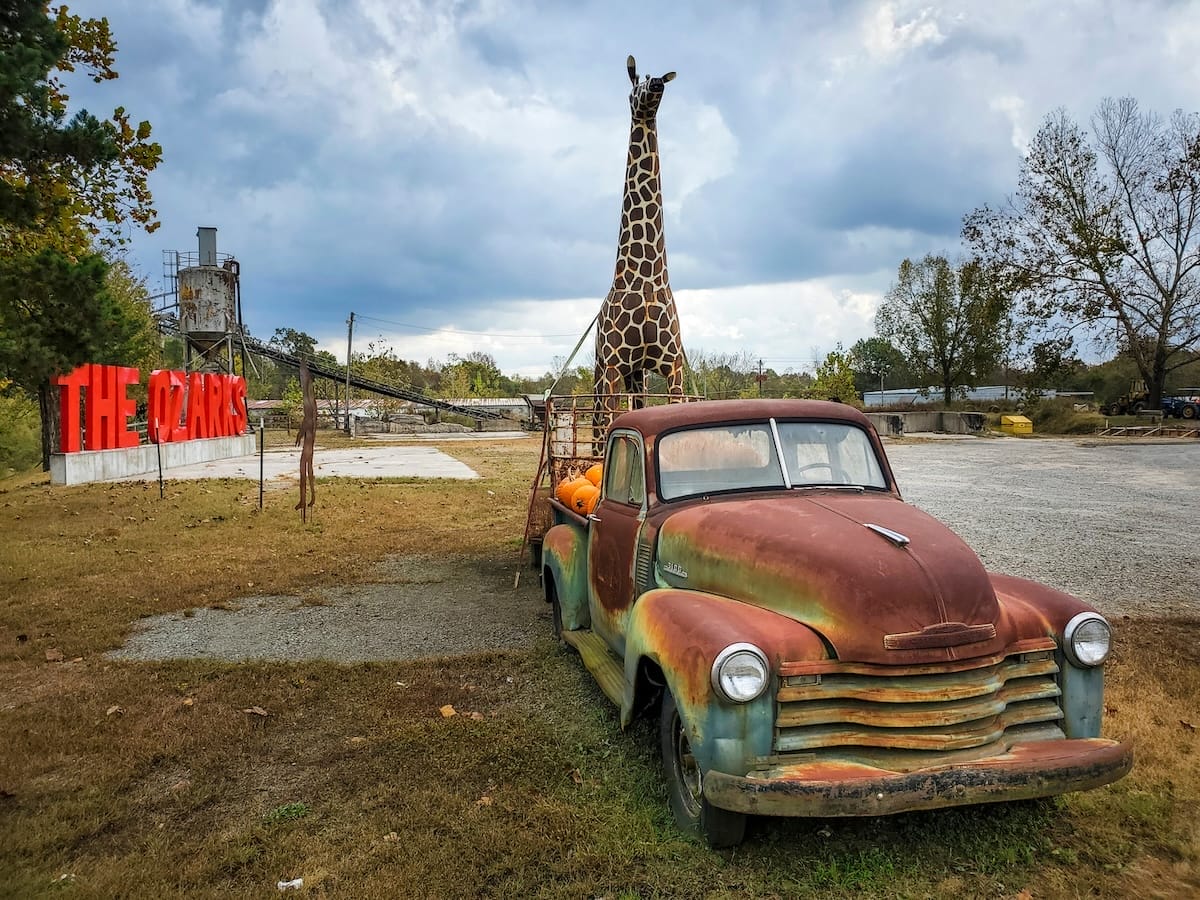

Uh oh...
It appears that you're using a severely outdated version of Safari on Windows. Many features won't work correctly, and functionality can't be guaranteed. Please try viewing this website in Edge, Mozilla, Chrome, or another modern browser. Sorry for any inconvenience this may have caused!
Read More about this safari issue.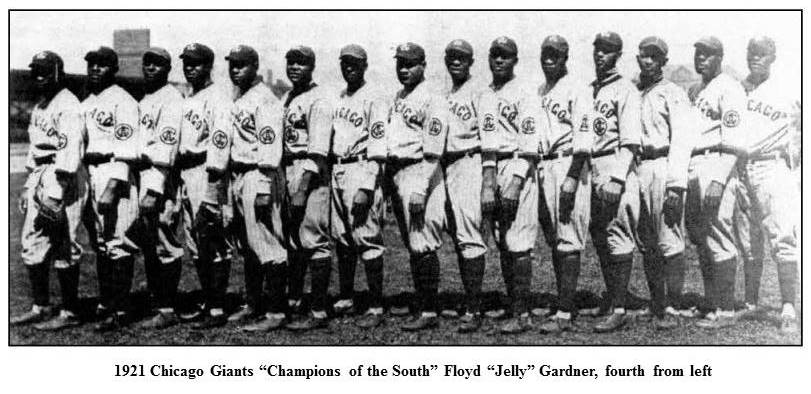

Floyd Gardner was the best baseball player from Russellville, Arkansas, in the early 1900s. He may have been the best baseball player ever from a town in the Arkansas River Valley known for great baseball players. After all, he played at the highest level available to him. He starred at Chicago, Pittsburgh, and Detroit, which are certainly major league cities. During a 16-year career, Gardner played in almost every big city in America. He was a great outfielder, a flash on the bases, and a line-drive hitter who was often among the league leaders. Though Floyd Gardner was one of the outstanding players of his era and acclaimed by sportswriters throughout the country, he never played in a major league game. Not because he wasn’t good enough to get a shot, but because of the color of his skin.
Floyd Gardner was born in Russellville in 1895. He spent the first 14 years of his life with his younger sister, Annie, and parents, Alex and Josie Gardner, on Orange Street in Russellville, which is now South Jonesboro Avenue. In 1910, he was sent to Arkansas Baptist College, a college/boarding high school for African-American students.
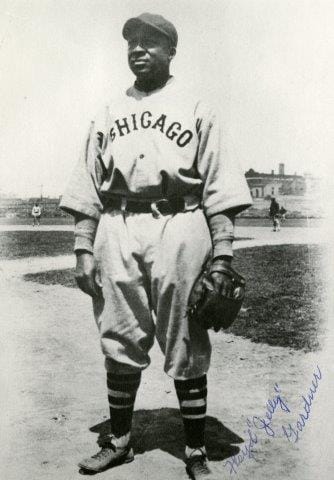
Arkansas Baptist was a good place for a young man with baseball aspirations. In Little Rock, Floyd was able to play baseball regularly, and by 1913 he was playing with an elite regional semi-pro team called the Hot Springs Giants. The Giants later combined with a team from Longview to become the Texas All-Stars.
When the Texas All-Stars headed north to play other semi-pro teams, Floyd Gardner attracted the attention of the leaders who were forming a new “major league.” This new professional baseball league would create a place to play for African Americans and, to a lesser extent, Latino players who were excluded from the major leagues. This alternative major league would be forever known as the “Negro Major Leagues.” Negro League baseball would flourish until Jackie Robinson and others broke the major league color barrier 30 years later.
Like many young men of all races, World War I interrupted Floyd Gardner’s plans and his baseball career. By late 1918, he was overseas fighting for his country. The war also added a dramatic element to the Floyd Gardner story that fortunately had a happy ending. In the Arkansas Gazette on the morning of Dec. 27, 1918, Private Floyd Gardner of Russellville, Arkansas was listed as Missing in Action, a designation that often indicates an unfortunate outcome. This time, the listing was resolved, and Floyd was soon back on duty. As slowly as news traveled in those days, one can only imagine the anguish Floyd’s Arkansas family went through. Gardner made it back from the Army in time to play a few games with the Detroit Stars in the summer of 1919 and then headed to Chicago, a city he would call home until his death.

Gardner was signed by the Chicago American Giants, and he became a star from the first day of Negro League baseball. Short, round, and jovial, Gardner was tagged with the nickname “Jelly Roll” by his teammates. Nicknames had a way of catching on in the early days of baseball in America, and Floyd “Jelly Roll” Gardner was never Floyd. He was simply called “Jelly.” He hit .319 in the first year of the Negro National League and became the darling of black sportswriters.
Jelly Gardner was always a good story. He loved to play the game, didn’t mind a good fight if that was necessary, and made a manager’s life difficult. His Chicago American Giants were managed by the legendary Rube Foster. Foster would become a mentor to the young outfielder from Arkansas — or at least he tried to be.
One story retold about Jelly and Foster chronicled a game when Foster and Jelly’s American Giants were playing their cross-town rivals known simply as the Chicago Giants. Foster was a fan of the sacrifice bunt, and for some time he had drilled his team on the skills and benefits of the play. Foster knew, however, that a game-winning example would go a long way toward convincing his young players who were not fond of the idea of giving themselves up to advance a runner. The game was tied 0 – 0 in the 7th with a runner on first and Jelly Gardner at-bat when Foster thought the time was right. Knowing that Jelly could certainly handle the bat and had good speed, Foster decided that a sacrifice bunt by Gardner would move the runner to second where he could score on a single. One run might be enough in the tightly-contested game.
As Jelly strolled to the plate, Foster moved to the far end of the dugout, took a long draw from his pipe, and blew two perfect smoke rings skyward. The old manager leaned on the dugout rail and waited for Jelly to provide his important lesson. Jelly ripped the first pitch on a line drive over the first baseman and deep into the right-field corner. By the time the right fielder retrieved the ball and got it back to the infield, the run had scored and Jelly stood on third with a wide grin of satisfaction. The smile soon disappeared when a pinch-runner trotted out to take his place. Jelly knew two smoke rings were the bunt sign, but he had other ideas. In the dugout, Foster had no sympathy for his cocky little outfielder and gave him a stern lecture in front of his teammates.
Exuberant at best, and possibly headstrong, Jelly was also known for a quick temper. Negro League teammates tell about one particular incident when he was ejected from a game for vehemently protesting what he thought was a bad call resulting in strike three. He realized too late the ump had actually called the pitch a ball. Jelly was also a fierce competitor who was quick to fight with opponents or even teammates, if necessary. He once kicked a fellow Giant in the mouth when the teammate tried to break up a fight Jelly was particularly interested in prolonging.
This same competitive fire that made Jelly tough to control and volatile also provided the spirit that made him one of the leagues’ all-time greats. He played in the Negro Leagues for parts of 16 seasons and played several winters in the Cuban league. Jelly had a lifetime batting average of .278 and when old-timers of the Negro Leagues name their all-time teams, Jelly Gardner is usually chosen the right fielder. Gardner remained in Chicago the remainder of his life where he worked for the railroad. Floyd “Jelly” Gardner died in Chicago in 1977 at the age of 82.
On Dec. 7, 2006, President George W. Bush posthumously awarded the Presidential Medal of Freedom to Buck O’Neil, a former Negro League baseball player and leader in establishing the Negro League Baseball Museum in Kansas City. O’Neil worked tirelessly for overdue recognition of African-American baseball players who could have been major league stars but never got the chance. Due to the work of O’Neil and others, 94 former Negro Leaguers were nominated for the Baseball Hall of Fame. One of those players was Floyd Gardner of Russellville, Arkansas.
As we enter the third decade of the 21st century, 35 of the nominees have been selected for induction. Floyd Gardner has yet to be selected, but like so many great African-American baseball players who were denied the opportunity to compete in the major leagues, perhaps his time for induction is yet to come.

Waste no tears on me, I didn’t come along too early, I was right on time,”
-Buck O’Neil, Negro League Baseball legend.
Join the Conversation
Leave a Comment
One response to “Floyd Gardner: They Called Him “Jelly””
 Leave a Reply
Leave a Reply
We do the work.
You check your email.
Sign up for our weekly e-news.
Get stories sent straight to your inbox!


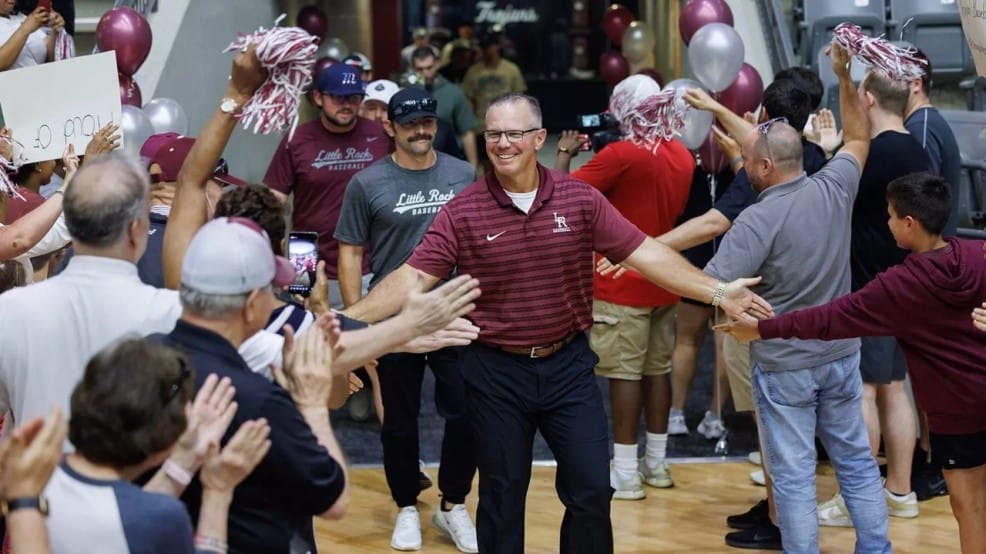





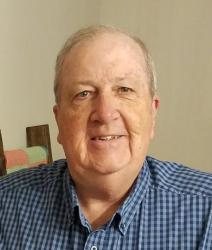
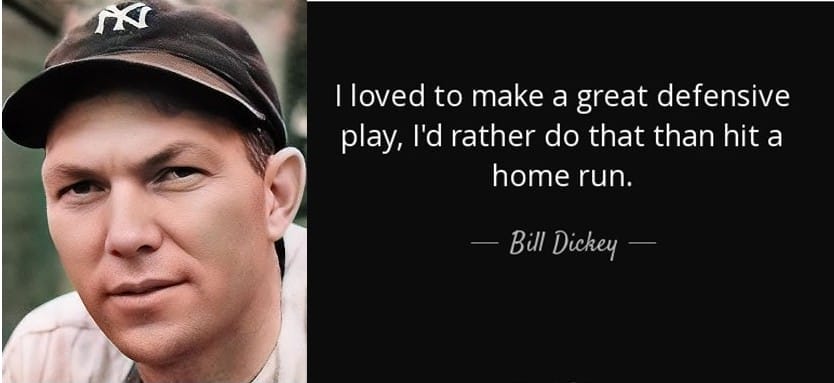

 Leave a Reply
Leave a Reply
[…] Negro League Star Floyd “Jelly” Gardner – Russellville, Arkansas […]